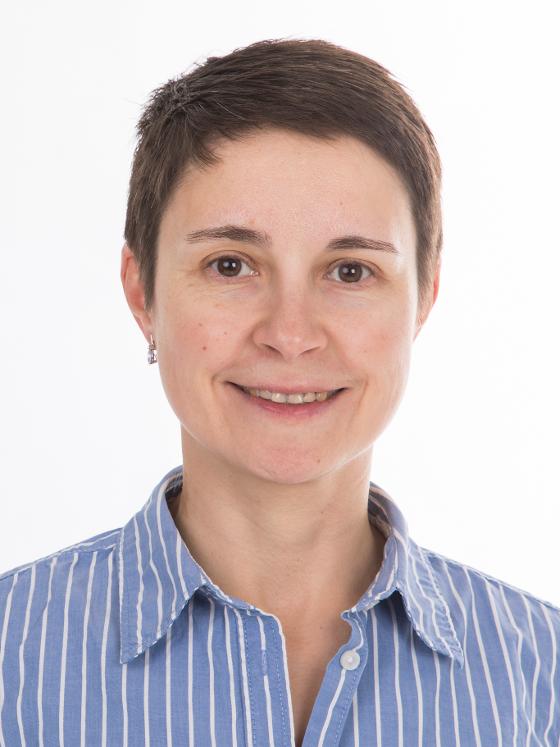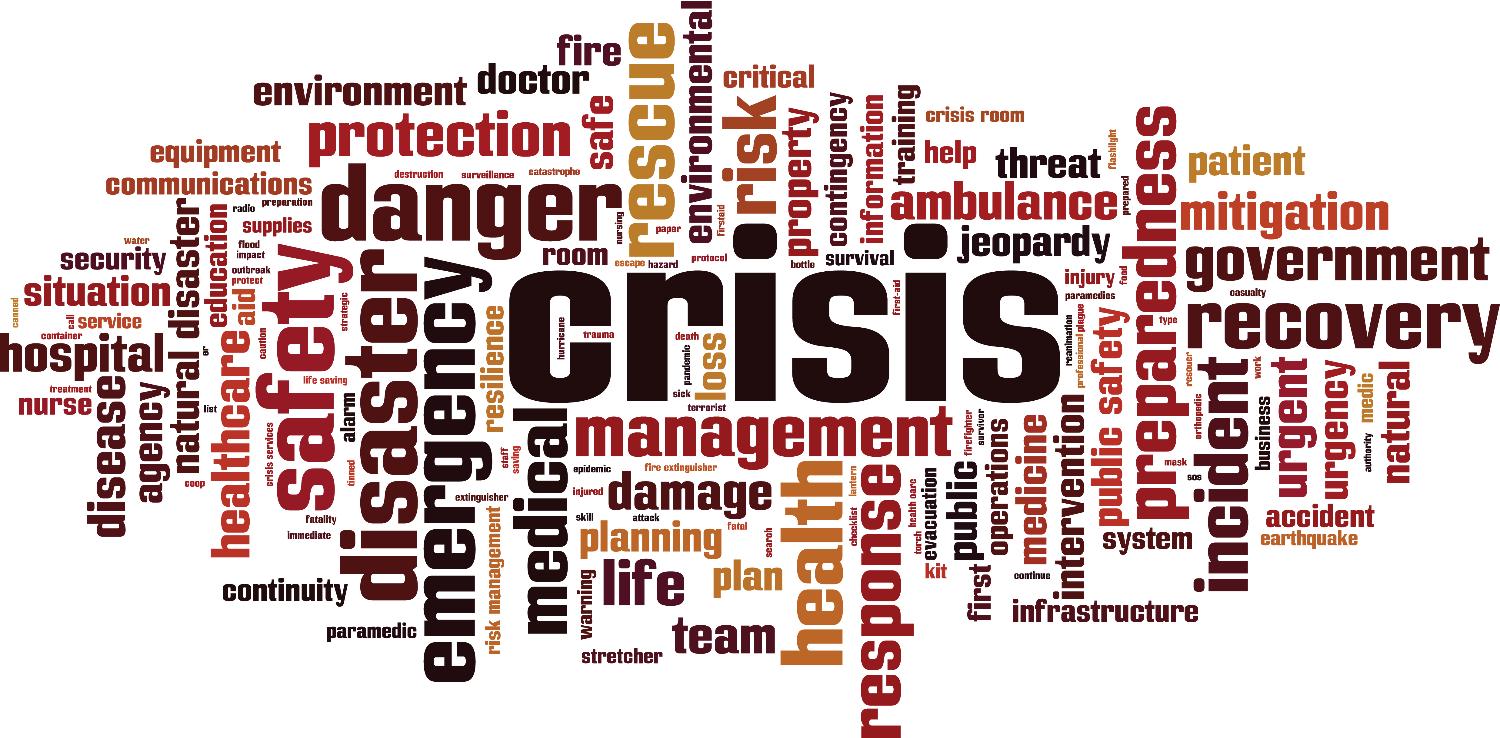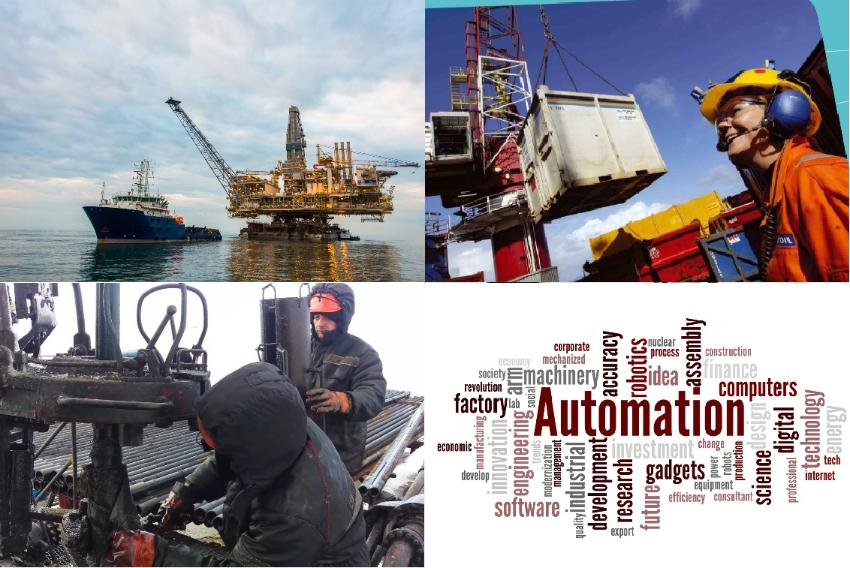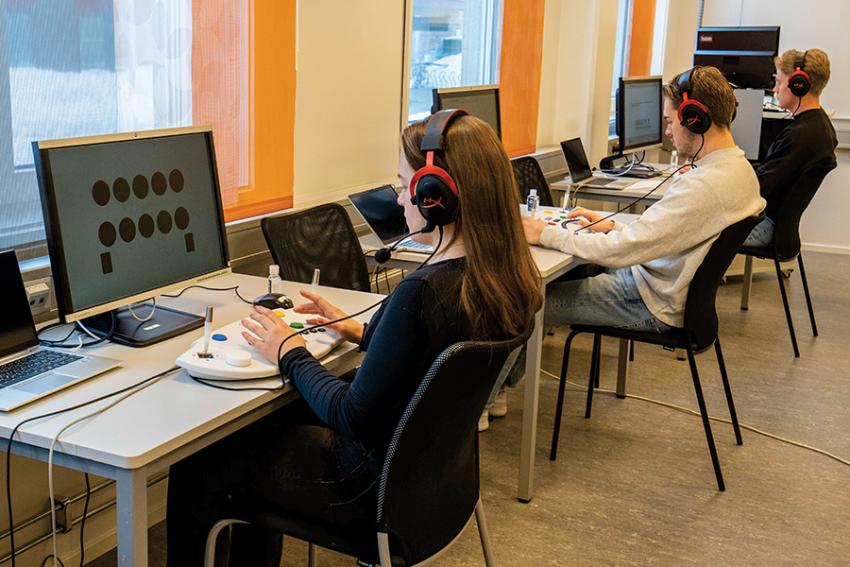The online master in Contemporary Risk and Crisis Management (CRCM) equips you to tackle global challenges like pandemics, cyber-attacks, climate change, and terrorism. Through a multidisciplinary lens, you gain deep insight into theories, methods, and strategies for managing risk, crisis, and societal security across international, national, and local levels.
Bachelor’s degree (180 ECTS) or equivalent qualification.
Admission requires 80 ECTS covering specialization in risk, crisis, societal security, disaster management, QHSE (quality, health, safety and environment), climate change, development studies, safety, resilience, emergency services, political science, organizational studies, sociology, planning or geography.
Applicants must have a minimum grade average comparable to a Norwegian “C” (3.0) in the ECTS scale, see the UiT webpage for International admissions for more information on how the point average is calculated.
Applicants with education from non-Nordic countries must document English language proficiency.
Planned number of admissions fall 2026 (all applicants):
30 places.
Admission is competitive, based on academic qualifications.
Visa
Students admitted to our digital master program do not need to apply for a student visa.
Applicants from Norway or Nordic countries:
Her finner du all informasjon knyttet til søking og opptak.
Applicants within EU/EEA/Switzerland (except the Nordic countries):
You will find more information about admission for EU/EAA applicants here.
Applicants outside EU/EEA/Switzerland and the Nordic countries:
- Applicants in this group has to pay a tuition fee. You can find the prices for the program here.
- You will find more information about admission for Non-EU/EEA applicants here
- Nordic applicants: 4031
- EU / EEA / Switzerland applicants: 7106
- Non-EU/EAA applicants: 2090
Program description
During the first year, students will have compulsory courses to learn about the core debates and perspectives in the fields of societal security, climate change and resilient societies, risk and safety management, crisis, and disaster management, in addition to research methods. This provides students, first, with an overview of the sources and nature of current threats and risks. Moreover, students are provided with theories, methods and strategies on how to manage these threats in different international contexts. This comprehensive and holistic approach provides a global perspective for students of risk and crisis management. The second year focuses on applying these perspectives to research and the Master Thesis project. The thesis projects are designed individually by the students supported by supervisors.
Learning outcomes
Knowledge:
- has advanced knowledge of risk and crisis management, including its sub-disciplines, as a field of study
- has advanced understanding in a specialized field of risk and crisis management
- has in depth understanding of the key theories, methods debates and issues informing the study of risk and crisis management, climate change adaptation and societal security
- can apply the knowledge obtained on new and contemporary issues within the field of study risk and crisis management, climate change adaptation and societal security
- can analyse relevant research topics based on the history, traditions and societal role of risk and crisis management, climate change adaptation and societal security
Skills:
- can analyse and critically assess various sources of information pertaining to risk and crisis, and apply these to design and conduct academic studies
- can analyse established theories, methods and perspectives within risk and crisis management, climate change adaptation and societal security and conduct independent work to solve practical and theoretical tasks
- can independently apply relevant research methods to design and conduct research on risk and crisis management, climate change adaptation and societal security
- can conduct an independent research project in risk-, crisis management, climate change adaptation or societal security under academic supervision, following existing ethical norms and rules for research.
Competence:
- can analyse relevant academic- and research ethical problems in risk and crisis management, climate change adaptation and societal security
- can apply knowledge and skills in new areas in order to carry out advanced assignments and projects
- can present and discuss aspects of one's own work by using terminology within risk and crisis management, climate change adaptation and societal security
- can communicate effectively at both academic and public arenas regarding relevant topics, analysis and conclusions within risk and crisis management, societal security and climate change adaptation
- can contribute to new thinking and innovation processes to address contemporary issues in risk and crisis management, climate change adaptation and societal security
Job prospectives
Upon successful completion of the programme, students will be qualified for admission to a PhD program in a number of academic areas at the UiT -the Arctic University of Norway or elsewhere. The CRCM program prepares students for challenging careers ranging from the local to the global arena. It is equally relevant to the public sector, industry and non-governmental organisations. It provides knowledge, competence and skills relevant for as diverse sectors and tasks as security services, emergency and humanitarian assistance, high-risk industries, development agencies, emergency services, manufacturing, safety management, primary industries, preparedness planning, risk analysis, auditing, crisis management, and digital security.
Degree Name
Master in Contemporary Risk and Crisis ManagementAccess to further studies
Upon successful completion of the programme, students will be qualified for admission to a PhD program in a number of academic areas at the UiT The Arctic University of Norway or elsewhere.
Study plan
Language of instruction
English.
Teaching and assessment
The CRCM is an online study program. All learning activities will be digital; video lectures, written handouts, live and recorded guest lectures, project work, training-through-research, supervisions, digital workshops, simulation-based games. Examination will be individual home exams of varying lengths and semesterprojects (both individual and group-based).
The program can be taken as a full-time study (2 years) or a part time study (3-4 years). This allows the student to combine studies with work.
The CRCM program admits both international and Nordic applicants, creating an international learning environment. The program will establish close collaboration with academics from international universities that have relevant research and study programs. International guest lectures will be an integral part of the program.
The CRCM is an integrated online master program. There will consequently be no student exchange related to elective courses. However, the program will encourage exchange during the writing of the master thesis on an individual basis during the 3 rd and/or 4 th . semester.
Destinations for studies abroad






